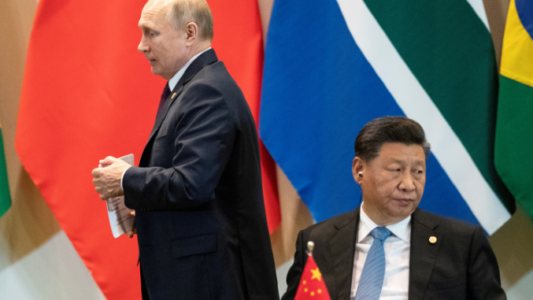China’s geopolitical interests allow it to play the Russia-US balance with caution.
Amid the ongoing Ukraine crisis, there’s been much debate on whether China faces a dilemma given its growing partnership with Russia. However, the situation may not be as difficult for China as some believe. While NATO’s expansion and the West’s role in supporting Ukraine have escalated tensions, China’s role is less encumbered by direct involvement. Instead, Beijing might use this crisis as an opportunity to observe the West’s economic sanctions and military strategies without significant fallout.
For instance, China’s recent “no limits” partnership with Russia may grant it valuable insights, particularly regarding the Western response to aggression. Observing how Russia’s invasion of Ukraine unfolds provides strategic lessons, especially concerning Taiwan. A swift invasion, lasting just a few days, could allow China to gauge potential Western retaliation, which, based on Ukraine’s case, might be limited to sanctions without direct military intervention.
Economically, China has already weathered significant sanctions imposed by the Trump administration, which Biden has continued. Further sanctions resulting from a Taiwan crisis, while damaging, might not cripple China. Moreover, Russia’s invasion might draw more Western attention away from China and into Europe, giving Beijing room to maneuver.
Importantly, China’s balancing act in this situation allows it to maintain distance from Russia’s more aggressive tactics while still capitalizing on its partnership. The partnership is one of convenience—driven more by shared interests than by ideology—and China can exploit this as it plays a long-term game between Russia and the West.
Thus, China’s position is far from a predicament. It has options on the table, and Xi Jinping now has the ability to weigh his country’s interests in this strategic balancing act while continuing to engage with both Russia and the US on its own terms.








